For the first time in Belgian history, the conservative Vlaams Belang party has won control of a city government, securing 47.4% of the vote in the town of Ninove, a community of 40,000 people just west of Brussels. While Vlaams Belang has long been a major force in the Flemish regional parliament, this win is especially significant because it marks the first time they will actually govern a municipality, a critical milestone after years of being politically sidelined.
A Major Victory for Vlaams Belang
Despite its massive popularity, Vlaams Belang has often been blocked from taking power due to a political strategy called the “cordon sanitaire.” This approach, used by other parties, ensures that Vlaams Belang is excluded from governing coalitions, even when they perform well in elections. However, in Ninove, Vlaams Belang’s local branch, “Forza Ninove,” won an outright majority, eliminating the need for coalition partners. This victory shows their growing support and the breaking of political barriers that have long kept them out of governance.
Breaking the Cordon Sanitaire
Guy D’haeseleer, the leader of Vlaams Belang in Ninove, declared that their win effectively dismantles the cordon sanitaire. This strategy has historically prevented Vlaams Belang from translating electoral success into real political power. While the party is the largest opposition group in the Flemish regional parliament, they’ve been unable to govern until now. By winning Ninove, Vlaams Belang is now in a position to directly implement its policies at the local level—marking a historic breakthrough.
Why Ninove Matters
Though Vlaams Belang is already influential in regional politics, its victory in Ninove is the first time it will govern a municipality in Belgium. This is a significant shift because it allows them to prove their capability in a local government setting, likely paving the way for future gains in other cities and regions. It also signals that their hardline stance on issues like immigration, Flemish identity, and sovereignty is resonating more strongly with voters.
What This Means for Belgium
Vlaams Belang’s success in Ninove reflects a broader trend of increasing support across Flanders. In key municipalities, Vlaams Belang candidates made impressive gains:
- Ninove (47.4%): Guy D’haeseleer made history as the first Vlaams Belang mayor in Flanders.
- Denderleeuw (38.3%): Kristof Slagmulders gained 12 seats, solidifying the party’s influence.
- Dendermonde (26.6%): Barbara Pas doubled Vlaams Belang’s seats.
- Turnhout (27%): Reccino Van Lommel had a strong showing.
- Sint-Truiden (18.1%): Roosmarijn Beckers led Vlaams Belang to third place.
- Schoten (31.8%): Tom Van Grieken nearly doubled his vote share.
- Sint-Niklaas (19.5%): Filip Brusselmans achieved notable gains.
- Antwerp (10.6%): Filip Dewinter maintained Vlaams Belang’s base.
These results highlight Vlaams Belang’s growing presence across Flanders and a significant shift in the political landscape. More and more voters are rejecting left-wing parties and their policies, favoring Vlaams Belang’s nationalist and conservative agenda. This win is not just a local victory but a clear message to the political establishment that Vlaams Belang is a growing force in Belgium.

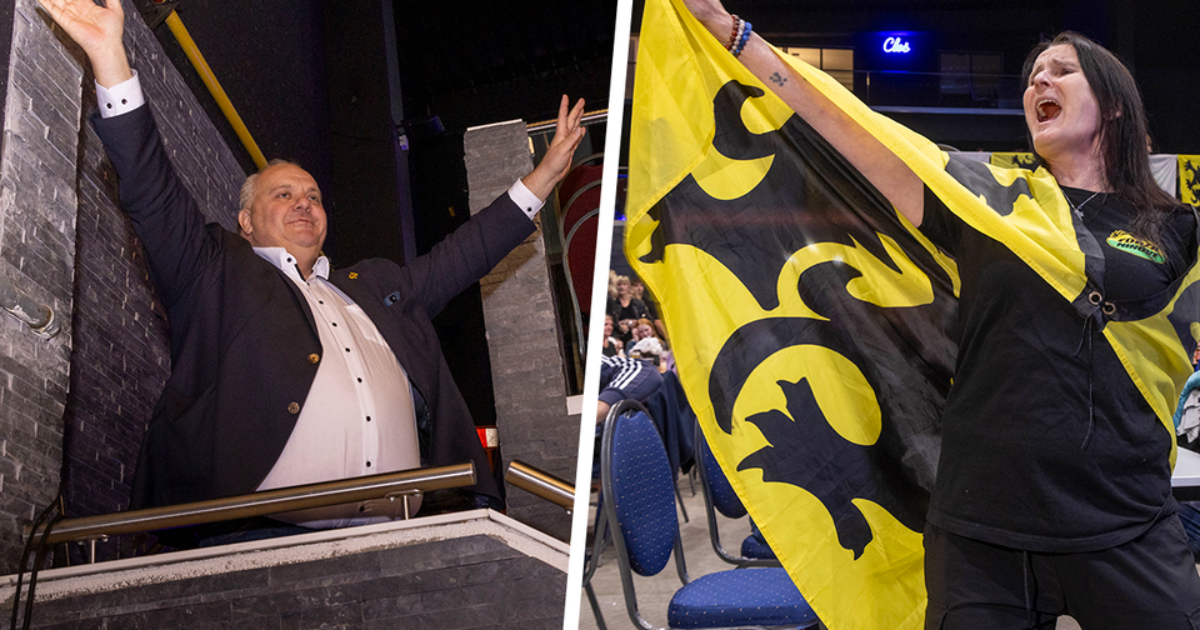
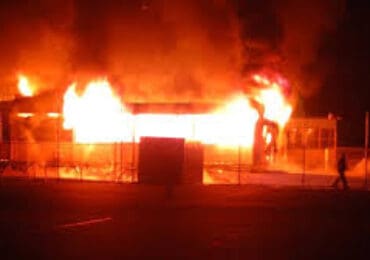



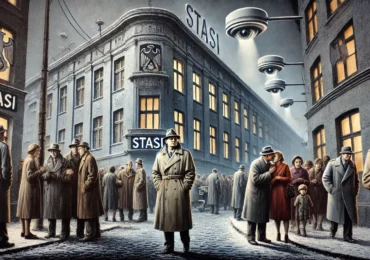
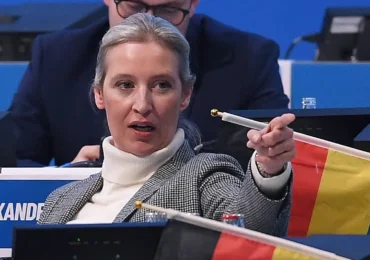

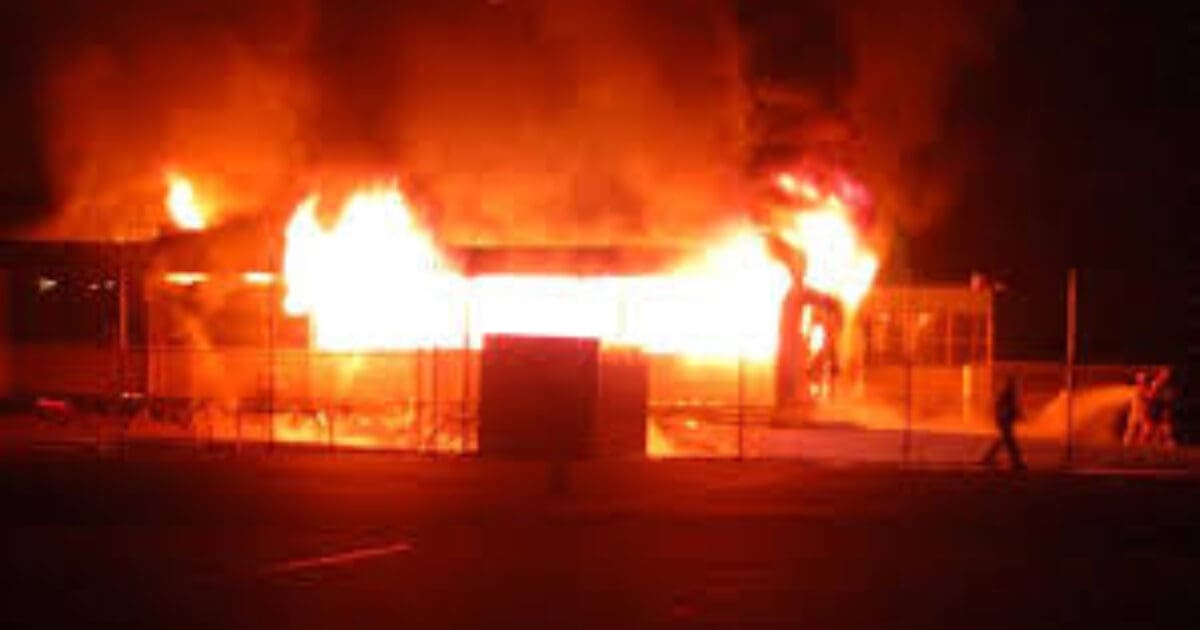



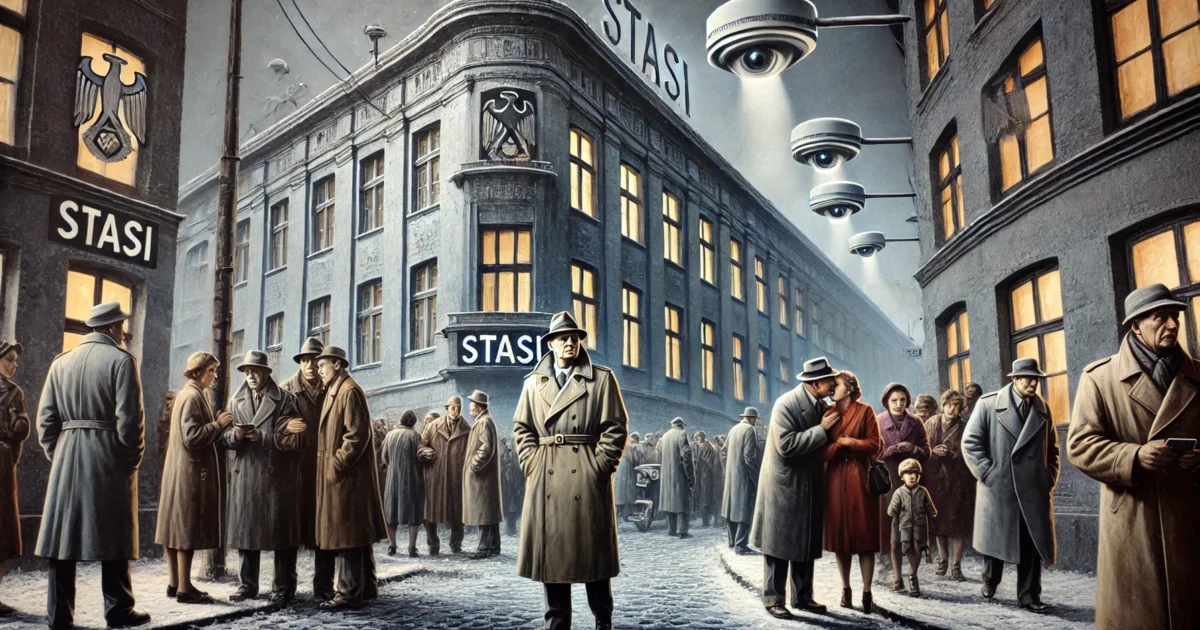
It is already too late in the next election there will be more of them.
Every 10 years they double their numbers.
As they say it is a fart in the dark, it smells but will not really do much. It is too late, they already have the numbers and positions Belgium is in minimum in Stage 3, but likely Stage 4 at this time.
Democracy will destroy itself. Belgium as well. If they are lucky the Middle-Eastern European countries will still be habitable.